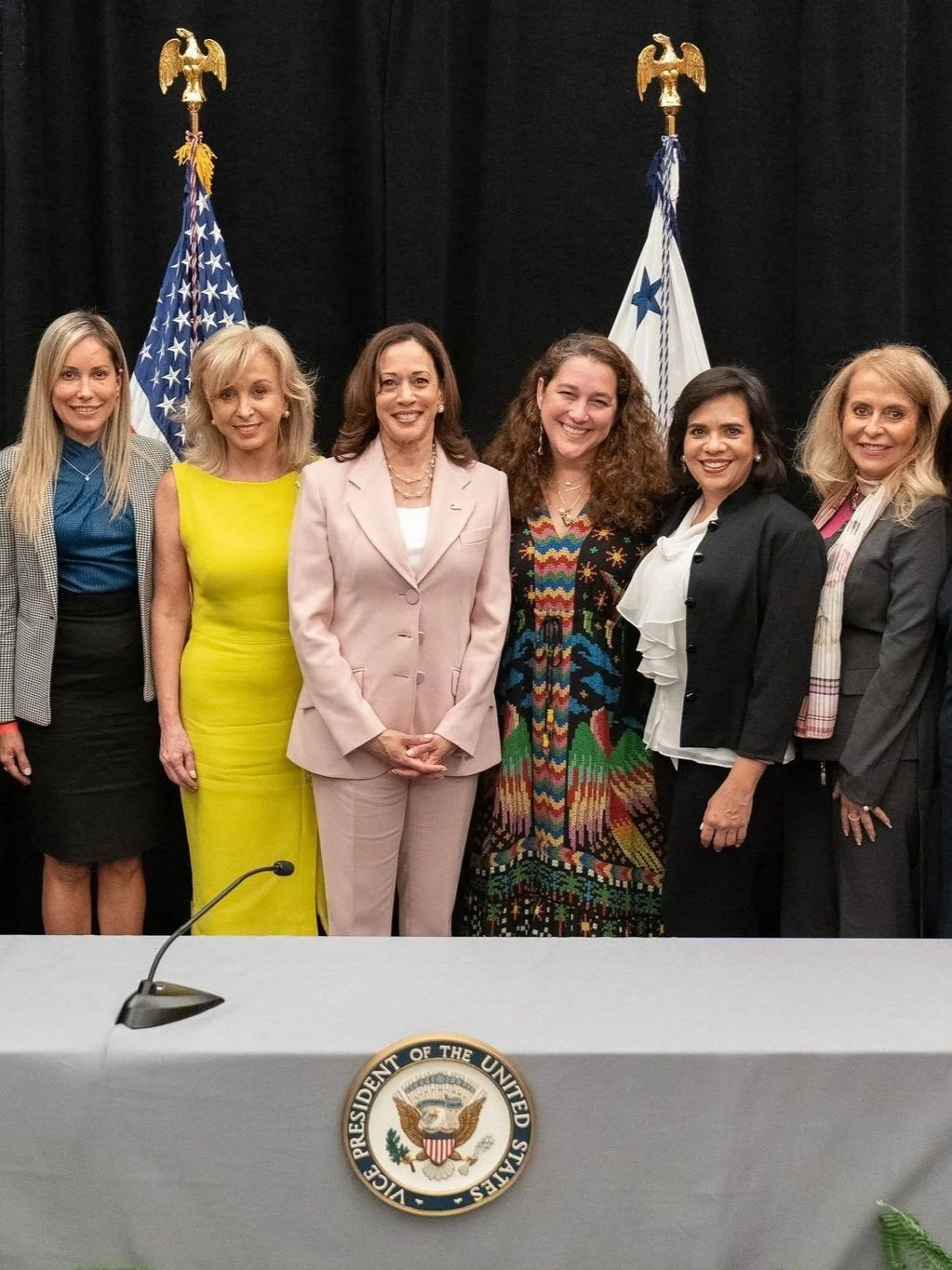NEST’s Seal of Ethical Handcraft is one of many certifications being adopted by the fashion industry.
In the second part of our short series, we look at a further six certifications that can help inform our fashion choices in terms of brands’ ethical commitments and credentials...
Global Organic Textile Standards (GOTS)
Only textile products that contain a minimum of 70% organic fibers can become GOTS certified. Certification also signifies that the use of chemicals and dyes complies with given environmental and toxicological criteria, as well as compliance with certain social standards.
GOTS is comprised of four international member organizations, each one having expertise in organic farming and environmentally and socially responsible textile processing, including the US-based Organic Trade Association and the UK’s Soil Association. And for those consumers whose ethical priority is organic sourcing, the GOTS certification infers a given level of product integrity.
Leather Working Group
Consumers who want to know which brands source leather from environmentally responsible suppliers can look to the Leather Working Group’s grading system for guidance. Made up of members from across the product’s supply chain, including brands, retailers, tanners, manufacturers and chemical suppliers, the LWG promotes sustainable and environmental best business practices within the leather industry, and uses Bronze, Silver and Gold certifications to rate environmental stewardship.
Its audit procedure is based upon guidelines intended to protect the environment, and includes waste management, chemical usage and energy consumption. Reassuringly, and as with many other organizations, certification is on ongoing process, and manufacturers are required to be audited every 18 to 24 months.
NEST Seal of Ethical Handcraft
The aim of non-profit NEST is to make homeworking a safe and viable option, and to preserve traditional craftsmanship. Its Seal of Ethical Handcraft is awarded to artisan focused brands that have been evaluated across a wide range of critera, including workers rights and wellbeing, child advocacy and protection, fair compensation and benefits, health and safety and environmental care, and is designed to assure consumers that approved products have been produced under fair and ethical conditions.
Standard 100 by Oeko-Tex
The Standard 100 is one of several certifications issued by Oeko-Tex, the International Association for Research and Testing in the Field of Textile and Leather Ecology, and indicates that a product is free from harmful substances.
In addition to the main fabric, the testing process extends to all other aspects of a garment, including sewing threads, prints, buttons, zip fasteners and rivets, to ensure that all parts meet the required critera, and that none of the elements contain chemicals that pose a health risk.
Regenerative Organic Certification (ROC)
Based on the premise that it is essential to farm in a way that enriches rather than degrades the soil, while valuing animal welfare and worker fairness, a system of Regenerative Organic Certification (ROC) is currently being piloted by the Regenerative Organic Alliance, which it hopes to launch formally this September.
Building on existing animal welfare and social fairness standards, ROC’s holistic approach will cover pasture-based animal welfare, fairness for farmers and workers, and robust requirements for soil health and land management, and producers will be ranked according to a Bronze, Silver and Gold certification system.
UDSA Organic
If a brand has been certified organic by the United States Department of Agriculture (USDA), it signifies that it is using natural fibers that are GMO-free and which are grown without synthetic fertilizers or pesticides. Specific requirements must be met and verified before a product can be labeled USDA organic, with brands needing to demonstrate that they are protecting natural resources, conserving biodiversity, and using only approved substances.
Organic certification involves an annual inspection process across every part of a brand’s operation, so consumers can be assured that its products continue to meet the expected standards from farm to store.












